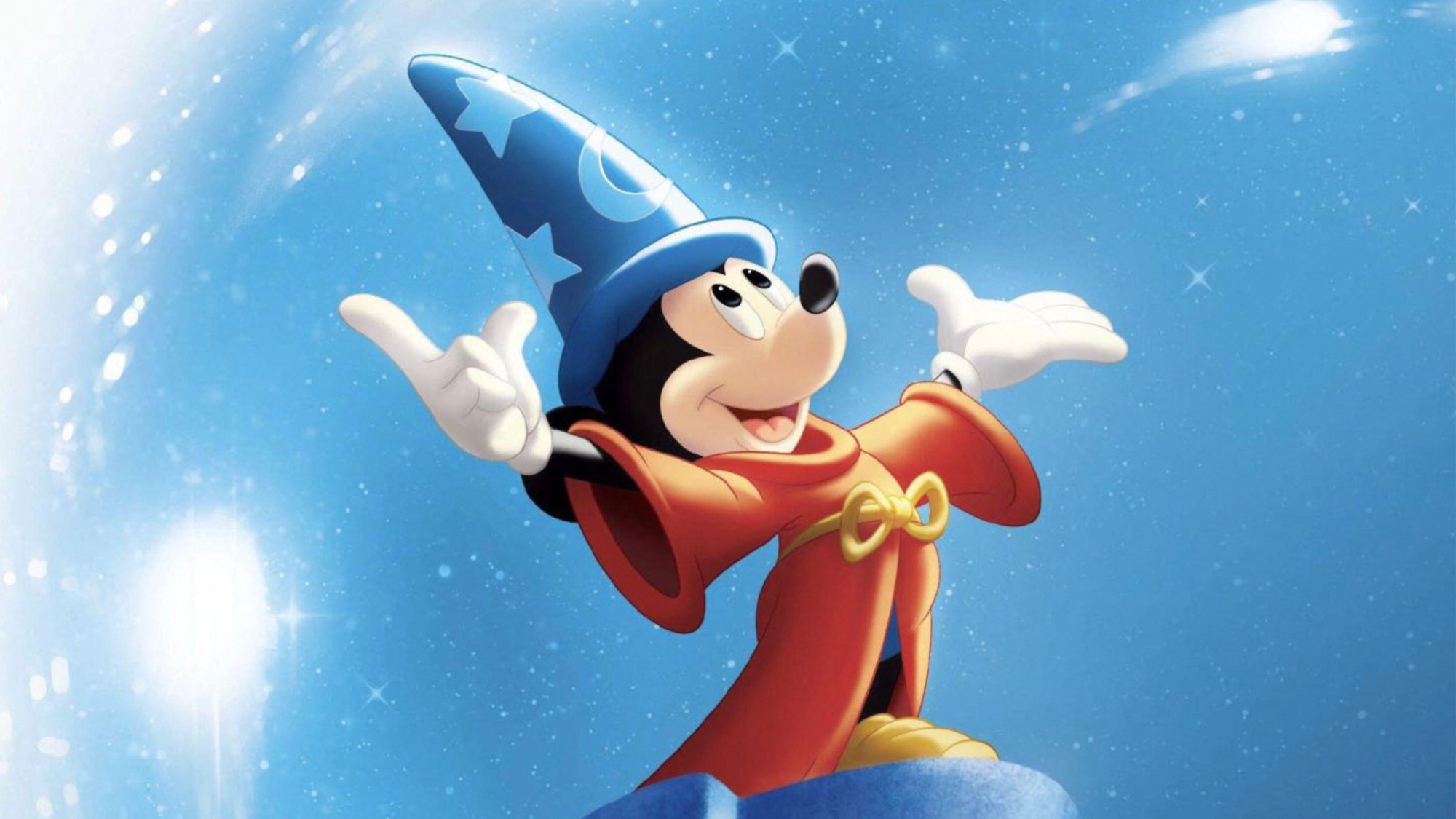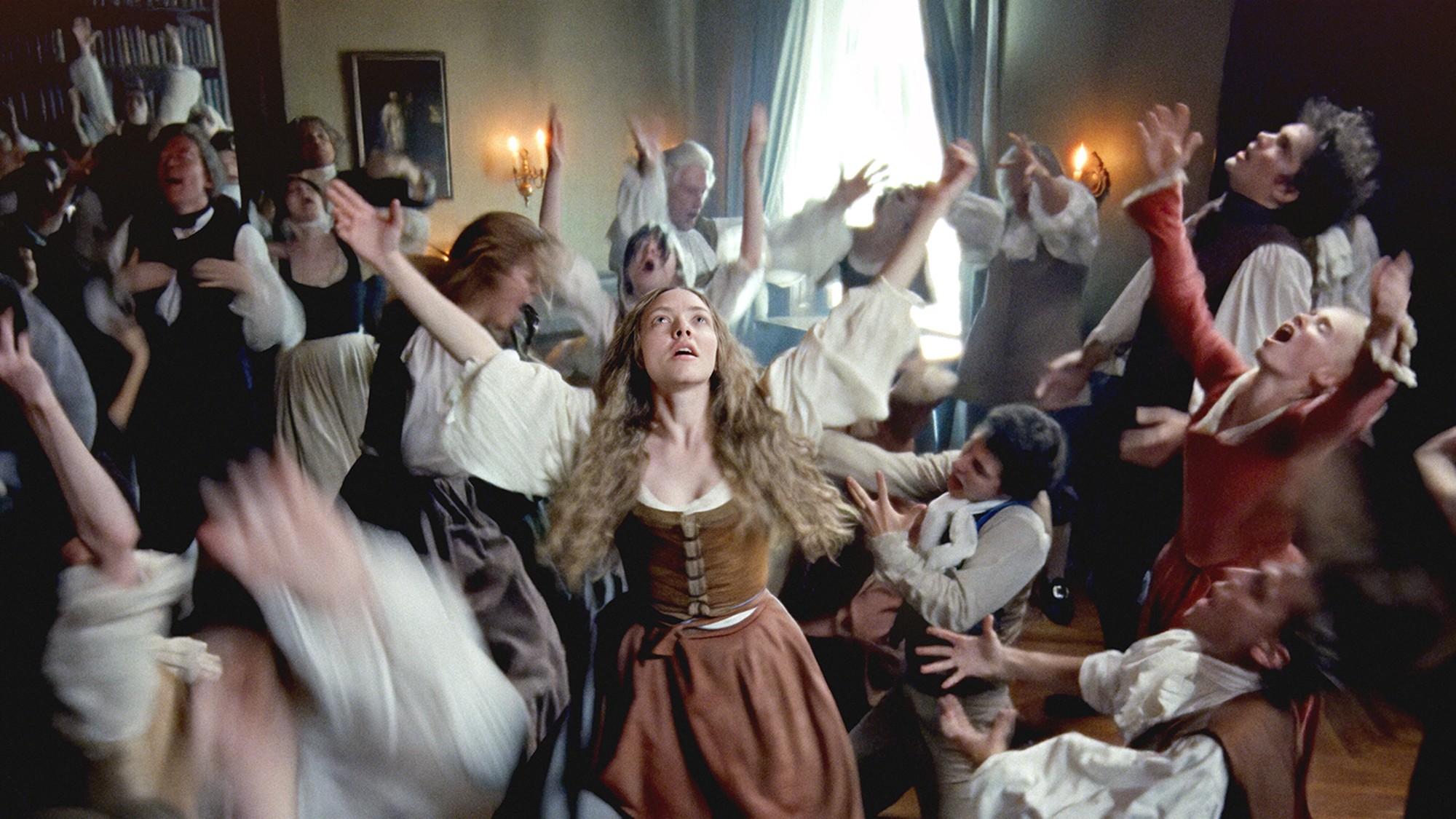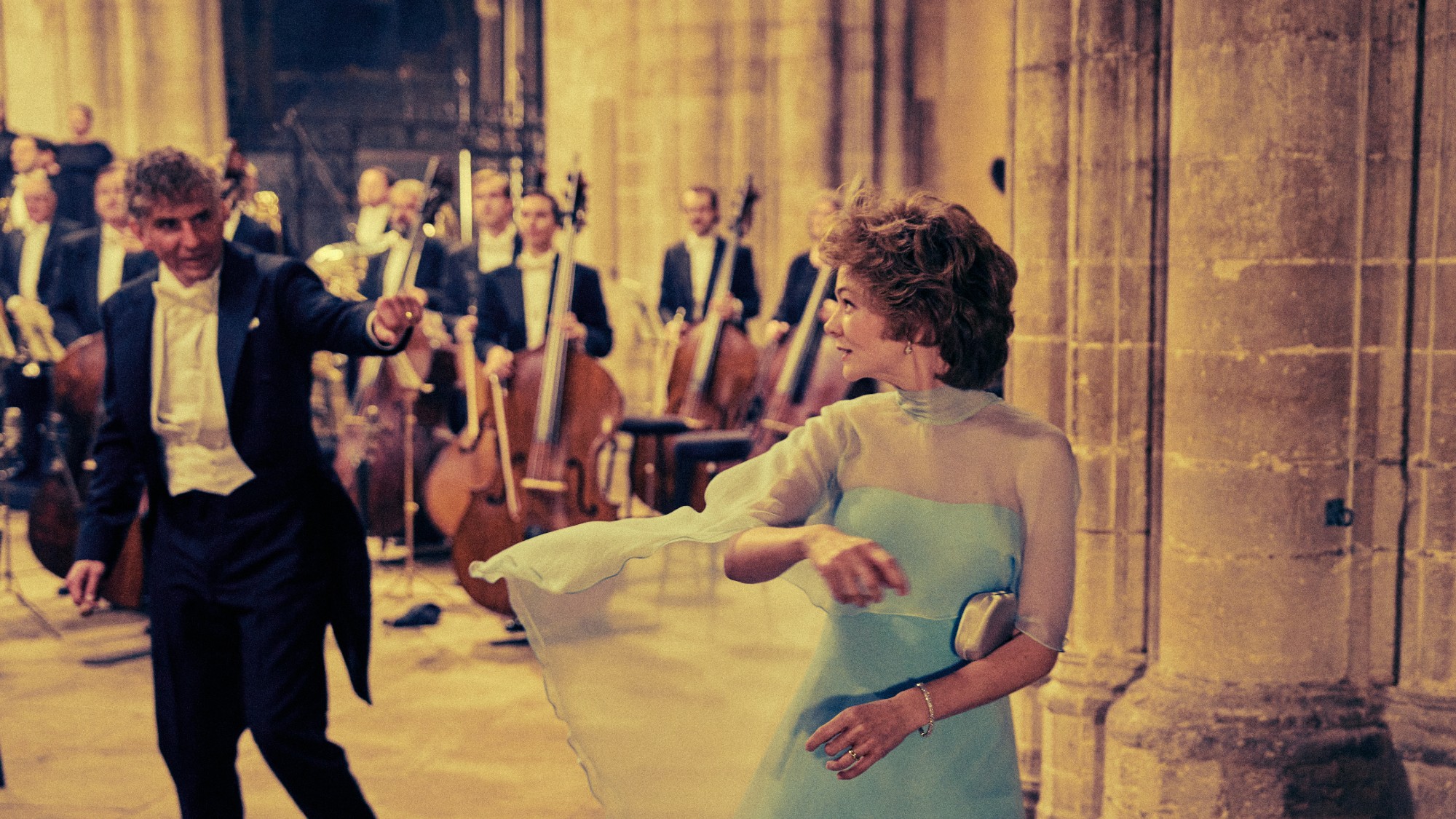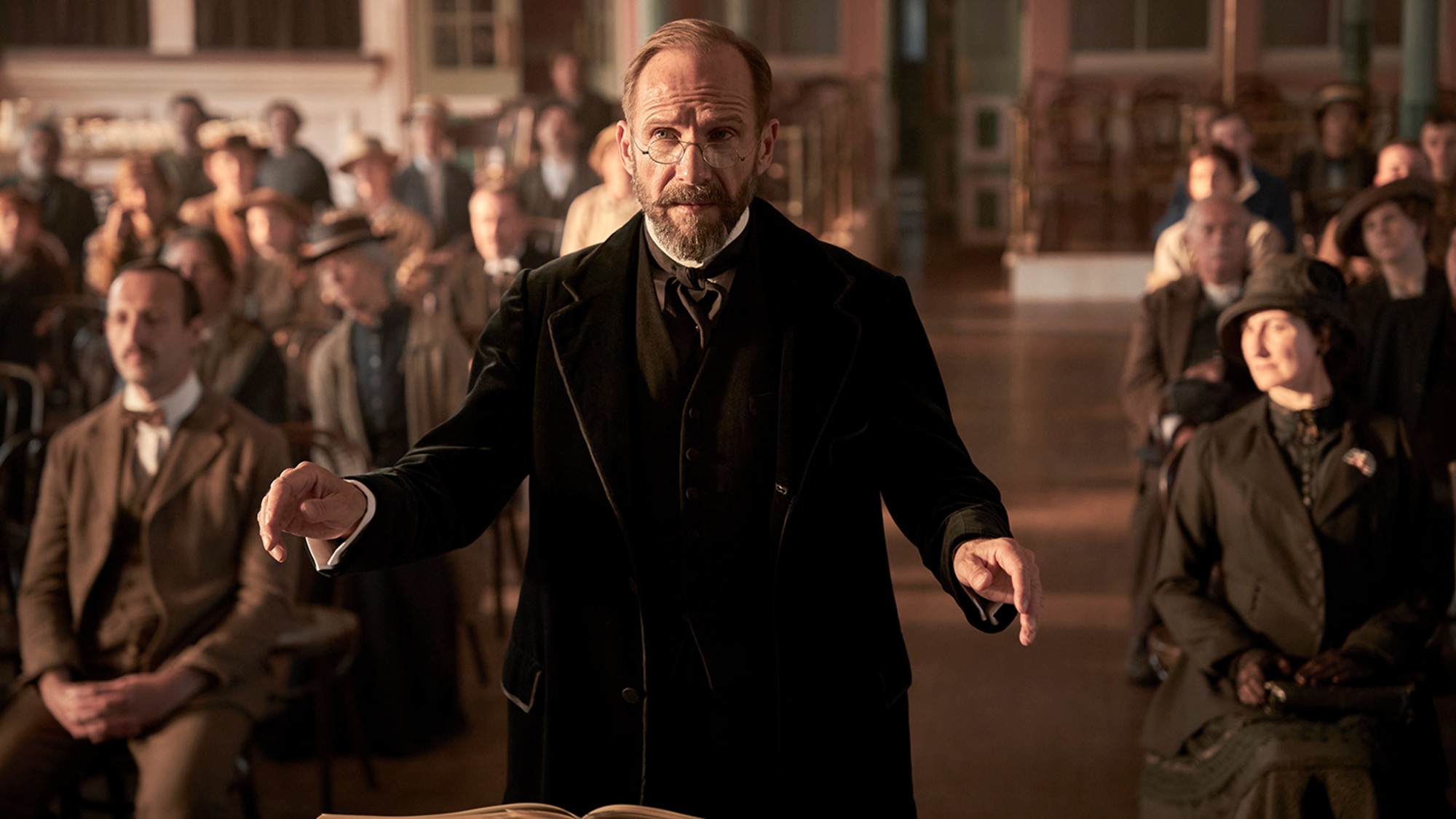The bittersweet nostalgia of Apollo 10 ½: A Space Age Childhood
Was 1969 the last good year?


A free daily email with the biggest news stories of the day – and the best features from TheWeek.com
You are now subscribed
Your newsletter sign-up was successful
On an unseasonably warm day last week, I was interrupted from desultory browsing of social media by the ringing chords of Bryan Adams' single "Summer of '69." Outside my office windows, a group of students on campus were selling snacks, recruiting members, or engaging in some other wholesome enthusiasm-raising activity. Displays of youthful pep can be wearisome to middle-aged grouches like this one. But after a long winter and a longer pandemic, I couldn't help humming along.
The choice of song probably didn't mean much — it was part of a playlist of familiar hits. Yet I was struck by the contrast between the youth of the audience and the antiquity of the theme. Adams, who was just 10 in the titular year, has claimed that the lyrics refer to a sex act rather than a historical moment. But his older cowriter's recollections and the imagery of the original music video support the conventional interpretation that it's an ode to the heyday of American youth culture.
That time is as distant from us now as the First World War was from the Nixon Administration. But teenagers thrilled by The Beatles or The Byrds wouldn't have thought of playing Al Jolson, The Waldorf-Astoria Dance Orchestra, or other top artists of 1919 at their campus events. True, "Summer of '69" was released in 1985, a generation after the period with which it's associated. But it's still almost 40 years old, making its enduring popularity a kind of nostalgia layered on nostalgia.
The Week
Escape your echo chamber. Get the facts behind the news, plus analysis from multiple perspectives.

Sign up for The Week's Free Newsletters
From our morning news briefing to a weekly Good News Newsletter, get the best of The Week delivered directly to your inbox.
From our morning news briefing to a weekly Good News Newsletter, get the best of The Week delivered directly to your inbox.
So what accounts for the period's continuing hold, not only on aging boomers but even current undergraduates who were born after 9/11? Richard Linklater's new film, Apollo 10 ½: A Space Age Childhood, now streaming on Netflix, offers one answer. Set in the spring, rather than the summer, of '69, the animated feature is a semi-autobiographical depiction of a family in suburban Houston, a time and place where it seemed like almost everyone had some connection to the space program.
Apart from a fanciful narrative of a secret Apollo mission for children, nothing much happens. Linklater's stand-in character — conveniently named "Stan" — his siblings, and his friends watch TV, attend school, go to the pool or beach, and make prank calls or commit other insignificant mischiefs. There is no sex, no drugs, and just a little rock 'n' roll (Stan's sophisticated oldest sister likes Joni Mitchell, but The Monkees seem to be the household favorite).
Despite the absence of plot, Linklater's recreation of the period is beguiling. That's not because of the overwhelming material comfort. To the contrary, Stan's family of eight is somewhat strapped for money. No one goes hungry. But they eat a lot of processed meats and occasionally steal building materials from local construction sites for home improvement purposes.
Nor is it a social paradise. Southeastern Texas is placid. But its residents are aware of the turmoil in many of America's cities — and in Vietnam. They're also beginning to wonder whether traditional restrictions on their own lives should be maintained. Stan's mother begins using the pill after his birth as her sixth child. But she doesn't tell their priest to avoid excommunication.
A free daily email with the biggest news stories of the day – and the best features from TheWeek.com
Despite sexual and racial constraints that now seem antediluvian, though, the most striking feature of the film is the freedom it shows in daily life. Children roam unsupervised, adults drink and smoke with abandon, no one seems to worry about cultural sensitivity or the environment. It's a more callous, even dangerous, world in certain ways. But also one that avoids the obsession with safety that can make middle-class life so stifling today.
Stan's world is also different from ours in its attitude toward the future: "There was no sense of history here, for everything as far as you could see was brand new," he observes. Surrounded by subdivisions and shopping centers, Stan and his contemporaries focus their imagination on the coming age of interstellar travel. They revere scientists, astronauts, and others boldly going where no man has gone before (to borrow a phrase from a contemporary artifact). The past is as empty and flat as the coastal plain they inhabit.
Fifty years later, that sense of expectation is hard to find. "We wanted flying cars, instead we got 140 characters," the investor and political entrepreneur Peter Thiel famously complained. Today, we instinctively turn to the past for examples of heroism and accomplishment. Making America great again means making it more like the way it was.
In his 1991 book Postmodernism, or The Cultural Logic of Late Capitalism, social theorist Frederic Jameson argued that this shift of our admiration from the future to the past was the key to the emergence of nostalgia culture. Just a few years after the triumphant Apollo launch in July, television, film, and music were already idealizing the lost innocence of the American century. Science fiction is the definitive pop-culture genre for young Stan and his contemporaries, who are devoted to late-night reruns of classic films. By the mid-70s, though, retro pastiche represented by the likes of American Graffiti, Bruce Springsteen, and Happy Days were taking over cinema, music, and TV.
That rapid shift may explain the otherwise puzzling fantasy that gives Apollo 10 ½ its title. Young Stan is drawn to the great adventure of exploring space. But Linklater, who was born in 1960 (less than a year later than Bryan Adams), can only make this aspiration plausible within a deeply nostalgic period piece. Now passing from middle age into old age, he's drawn to the summer of '69 because that was the last time when young Americans could believe without doubt that an inspiring future lay ahead of them. Now older and wiser, they look backward and understand that those were the best days of their lives.
That magnetic attraction was on display when ABC launched a reboot of The Wonder Years series in 2021 that retained the late '60s setting of the original. Remarkably, about the same amount of time has elapsed since the original was canceled in 1993 as between its premiere in 1988 and the era in which it's set. The decision to focus on a Black family suggests that the instinct to embed a hopeful future in the increasingly distant past is not limited to the milieu Linklater depicts.
The continuing dominance of midcentury tropes on mainstream platforms has something to do with the graying of their audience — particularly for broadcast television. But social media also trades in nostalgia for that golden age, even if it's usually cloaked in irony. Even as I hummed along, then, hearing "Summer of '69" through my office window made me a little sad. A few decades from now, will anyone be tempted to sing about the summer of '22?
Samuel Goldman is a national correspondent at TheWeek.com. He is also an associate professor of political science at George Washington University, where he is executive director of the John L. Loeb, Jr. Institute for Religious Freedom and director of the Politics & Values Program. He received his Ph.D. from Harvard and was a postdoctoral fellow in Religion, Ethics, & Politics at Princeton University. His books include God's Country: Christian Zionism in America (University of Pennsylvania Press, 2018) and After Nationalism (University of Pennsylvania Press, 2021). In addition to academic research, Goldman's writing has appeared in The New York Times, The Wall Street Journal, and many other publications.
-
 ‘This is something that happens all too often’
‘This is something that happens all too often’Instant Opinion Opinion, comment and editorials of the day
-
 House votes to end Trump’s Canada tariffs
House votes to end Trump’s Canada tariffsSpeed Read Six Republicans joined with Democrats to repeal the president’s tariffs
-
 Bondi, Democrats clash over Epstein in hearing
Bondi, Democrats clash over Epstein in hearingSpeed Read Attorney General Pam Bondi ignored survivors of convicted sex offender Jeffrey Epstein and demanded that Democrats apologize to Trump
-
 Heated Rivalry, Bridgerton and why sex still sells on TV
Heated Rivalry, Bridgerton and why sex still sells on TVTalking Point Gen Z – often stereotyped as prudish and puritanical – are attracted to authenticity
-
 Film reviews: ‘Send Help’ and ‘Private Life’
Film reviews: ‘Send Help’ and ‘Private Life’Feature An office doormat is stranded alone with her awful boss and a frazzled therapist turns amateur murder investigator
-
 February’s new movies include rehab facilities, 1990s Iraq and maybe an apocalypse
February’s new movies include rehab facilities, 1990s Iraq and maybe an apocalypsethe week recommends Time travelers, multiverse hoppers and an Iraqi parable highlight this month’s offerings during the depths of winter
-
 The 8 best animated family movies of all time
The 8 best animated family movies of all timethe week recomends The best kids’ movies can make anything from the apocalypse to alien invasions seem like good, wholesome fun
-
 Film reviews: ‘The Testament of Ann Lee,’ ’28 Years Later: The Bone Temple,’ and ‘Young Mothers’
Film reviews: ‘The Testament of Ann Lee,’ ’28 Years Later: The Bone Temple,’ and ‘Young Mothers’Feature A full-immersion portrait of the Shakers’ founder, a zombie virus brings out the best and worst in the human survivors, and pregnancy tests the resolve of four Belgian teenagers
-
 The 8 best biopic movies of the 21st century (so far)
The 8 best biopic movies of the 21st century (so far)the week recommends Not all true stories are feel good tales, but the best biopics offer insight into broader social and political trends
-
 Film review: ‘The Choral’
Film review: ‘The Choral’Feature Ralph Fiennes plays a demanding aesthete
-
 Golden Globes affirm ‘One Battle,’ boost ‘Hamnet’
Golden Globes affirm ‘One Battle,’ boost ‘Hamnet’Speed Read Comedian Nikki Glaser hosted the ceremony
